Resisting Colonialism
Few topics have proven more divisive over the past two decades than colonialism—and few are more critical for students to understand. Explore the roots of colonialism and the meet the powerful forces of resistance that have risen to oppose it, providing all-important historical context for today’s headline-grabbing struggles.
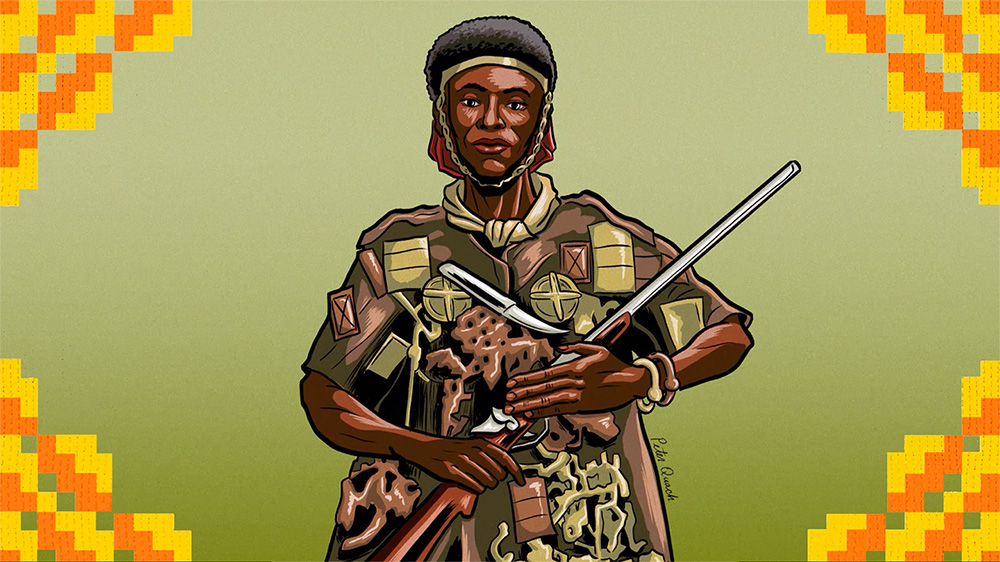
Are you a teacher? Click here to view the Teaching Tools for this topic
Featured Materials
Yaa Asantewaa, Queen Mother of Ejisu
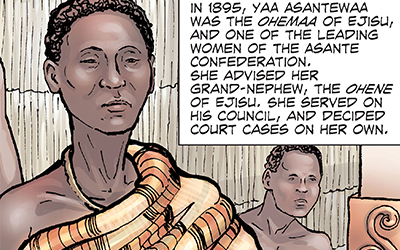

Graphic Biographies
Yaa Asantewaa, Queen Mother of Ejisu
Yaa Asantewaa, the Queen Mother of Ejisu in Asante, was a leader of resistance to British conquest. Her actions demonstrate one strategy of resistance to colonialism.
Experiencing Colonialism: Through a Ghanaian Lens
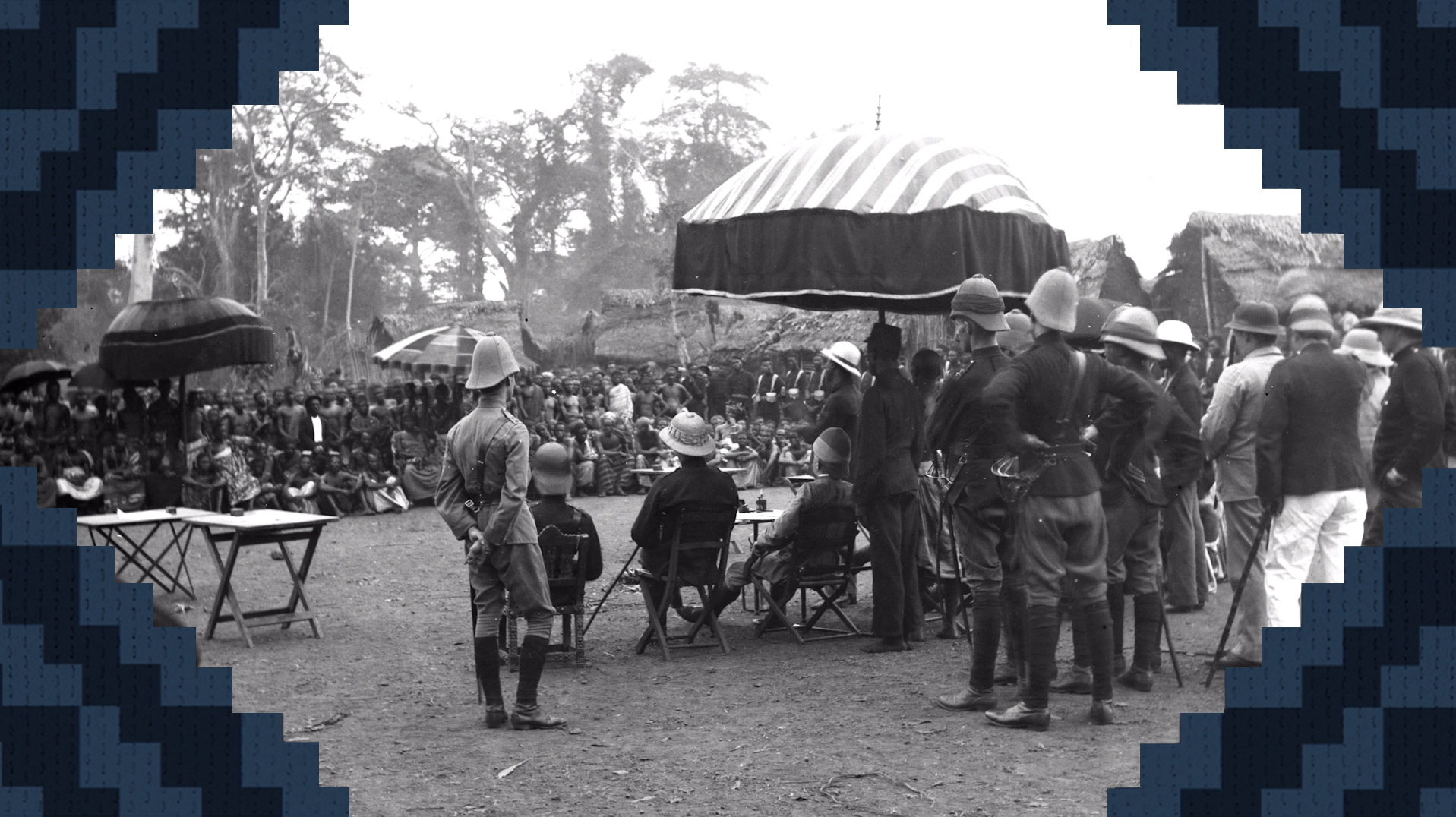
Video
Experiencing Colonialism: Through a Ghanaian Lens
What was it like to live as a colonial subject? Of course, there many differing experiences, but we can get some answers by looking closely at Ghana as a case study.
Azizun of Lucknow
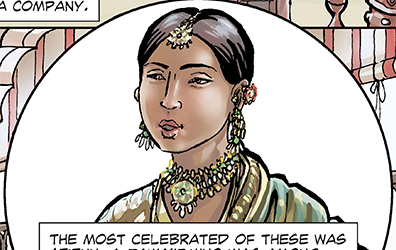
Article
Azizun of Lucknow
Azizun was a nineteenth-century courtesan who became a resistance leader in India’s 1857 uprising. Her story shows how women defied colonial rule.
Lessons
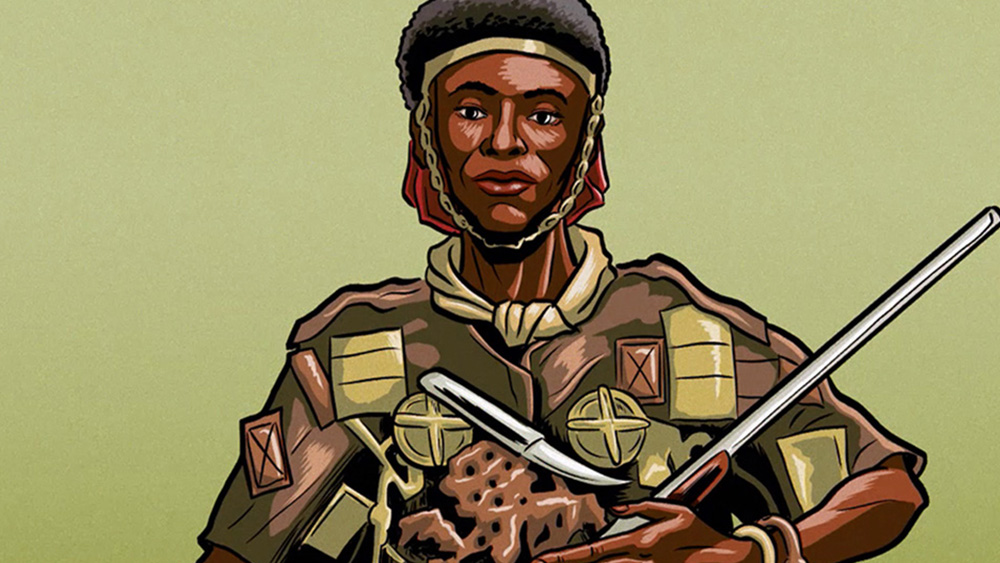
Lesson 6.4
Resisting Colonialism
Industrial empires deployed devastating new technologies in the nineteenth century. Yet, in every colony, people resisted. Review some of the ways colonized people pushed back, from armed uprisings to more subtle forms of noncompliance.
View Lesson
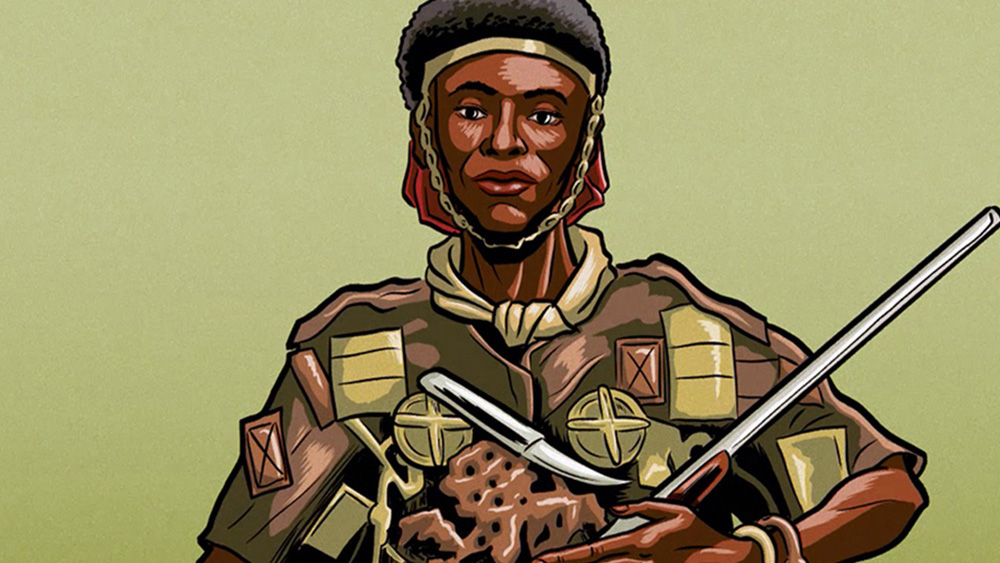
Lesson 5.5
Resisting Colonialism in Ghana and India
In Ghana and India, resistance emerged even when it seemed impossible to challenge colonial power. Rebellion, leadership, and courage shaped these struggles—and continue to shape how they are remembered today.
View Lesson
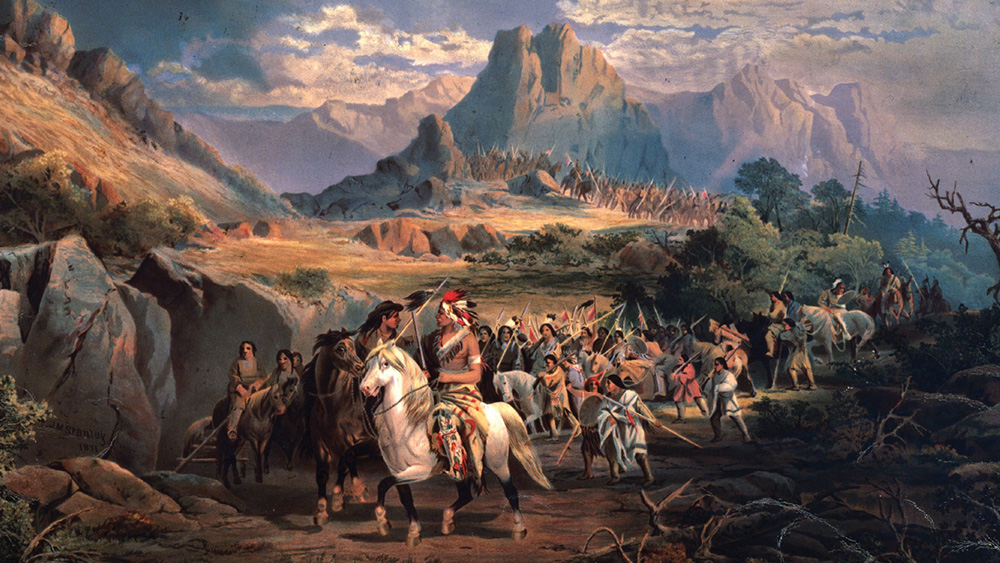
Lesson 6.3
Indigenous Responses to State Expansion from 1750 to 1900 CE
Throughout the long nineteenth century, colonized peoples responded to imperialism with diverse strategies—cooperation, resistance, intellectual critique—in both subtle and overt ways.
View Lesson
Materials
1857 Indian Uprising
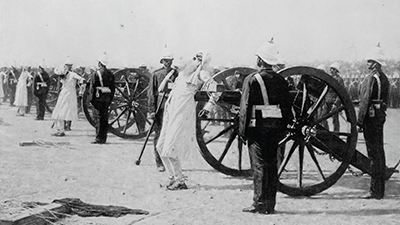
Article
1857 Indian Uprising
In 1857, uprisings and rebellions ended the East India Company’s (EIC) rule in India. Only British military force could put them down. Why did they happen?
The Pueblo Revolt
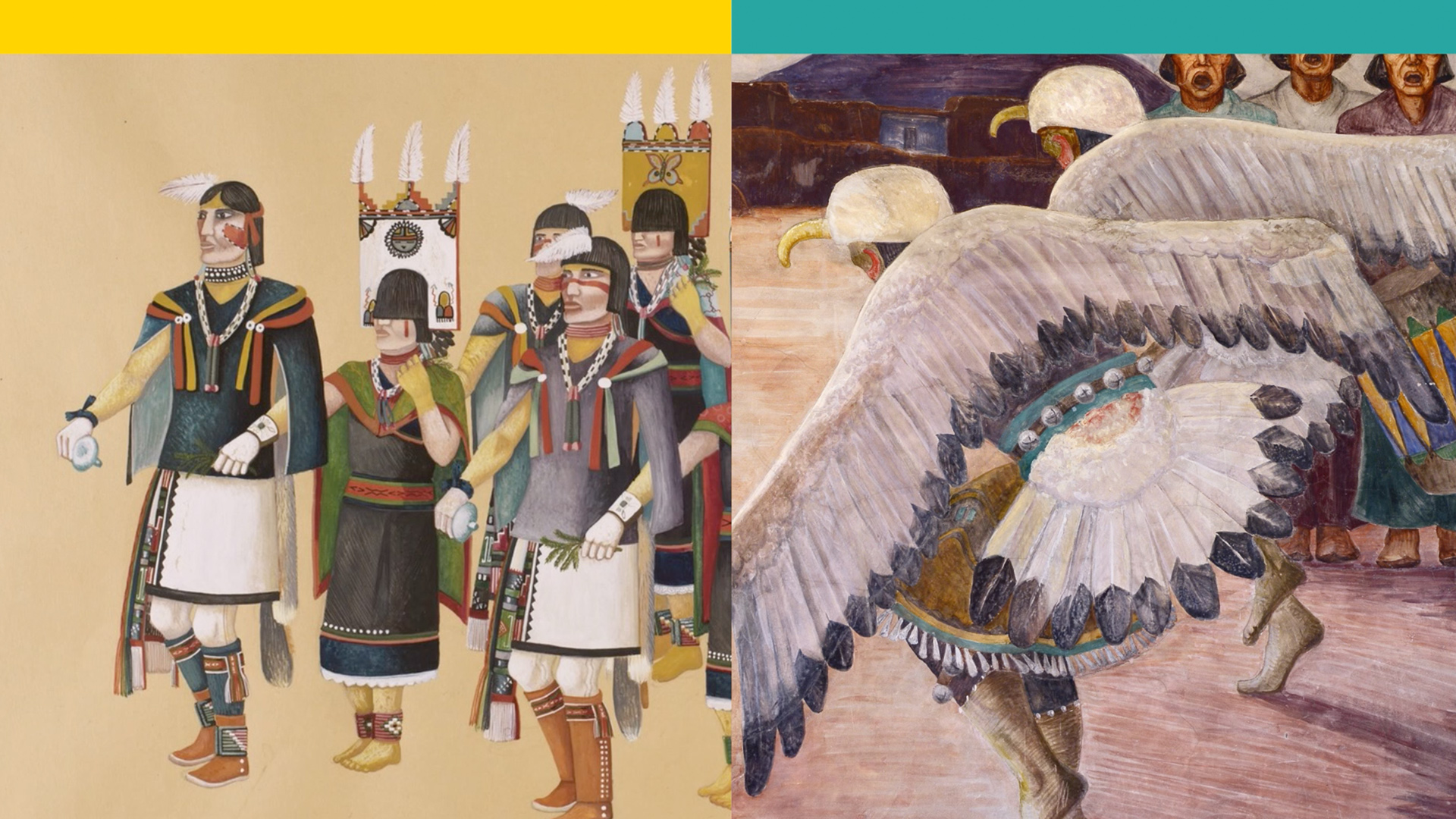
Video
The Pueblo Revolt
In this video, Jerad Koepp interviews Porter Swentzell about the causes, experiences, and long-term effects of the Pueblo Revolt of 1680.
African Resistance to Colonialism
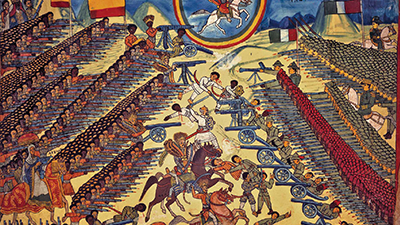
Article
African Resistance to Colonialism
The initial resistance to colonialism in Africa often took the form of military confrontation. This article discusses three of these campaigns, which each had different results.
Causation: Indian Uprising

Activity
Causation: Indian Uprising
In this activity, students will analyze the causes of the 1857 Indian uprising to investigate how and why this rebellion took place when and where it did.
Source Collection: Indigenous Responses to State Expansion
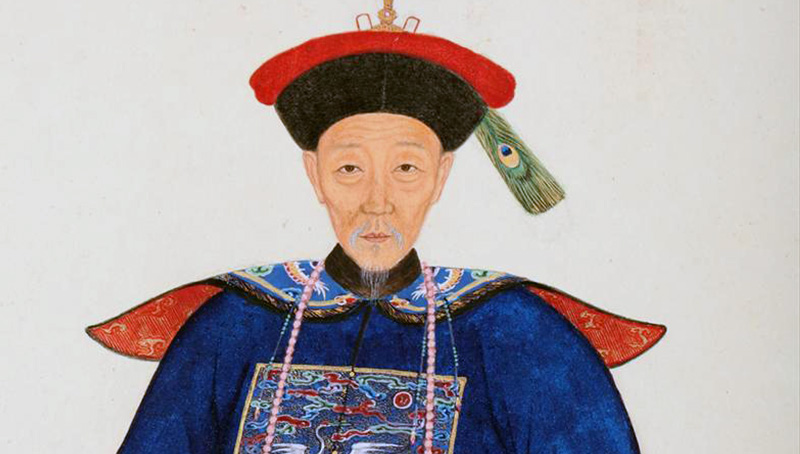
Article
Source Collection: Indigenous Responses to State Expansion
How did Indigenous people respond to increased imperial expansion? Read about these responses and compare how different societies tried to counteract this expansion.
Responses to Industrial Imperialism
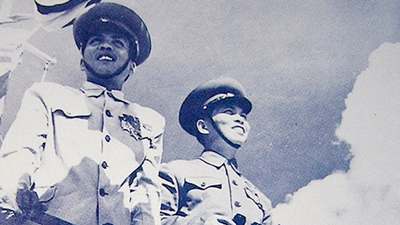
Article
Responses to Industrial Imperialism
When confronting imperial power, colonial subjects found creative ways to resist and survive. Read how local knowledge and customs empowered communities in the face of expanding empires.
 Teaching This Topic
Teaching This Topic

Historical Thinking Skills Guide
Help your students develop the skills needed to think like a historian.

Professional Development Events
Check out our free, live webinars and skills clinics that connect directly to your classroom. Because you deserve PD that’s useful, energizing, and worth your time.

Teacher Blog: Insights from Educators for Educators
Find fresh ideas, classroom insights, and teaching strategies to feed your curiosity and strengthen your practice.

Community Forum for Teachers
A vibrant, welcoming community that celebrates teacher voices. Ask questions, get answers and ideas, and share feedback with the OER Project team.